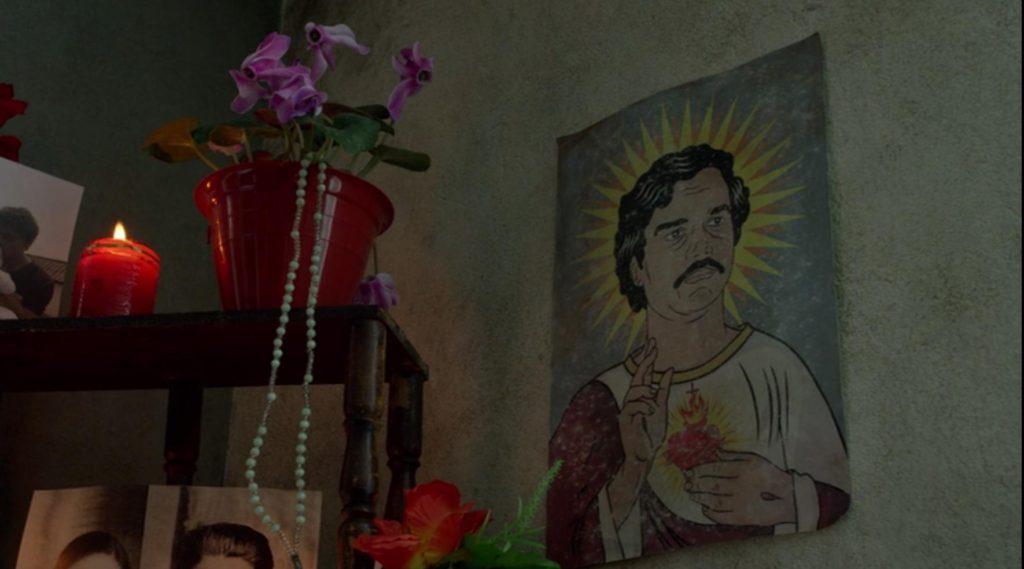Too Strange to Believe: Magical Realism and Cold War Politics in Narcos
“Too Strange to Believe: Magical Realism and Cold War Politics in Narcos.” Studies in Spanish and Latin American Cinemas (2022). Eds Ana M. López and Dolores Tierney.

ABSTRACT: The first episode of Narcos, the Netflix TV series inspired by the life of Pablo Escobar, begins with the programmatic intertitle: “Magical realism is defined as what happens when a highly detailed, realistic setting is invaded by something too strange to believe. There is a reason why magical realism was born in Colombia.” It is this “too strange to believe” philosophy of the gaze that underlies the US-Brazil- Colombia co-production series echoing the DEA (Drug Enforcement Administration) version of events, commodifying the rise of Colombia’s drug economy for global audiences. Narcos places more value on realism than it does on the magical (although the two poles of attraction are inseparable, mutually enriching each other). The shift toward the insertion of heavy doses on nonfiction in the TV series is worth the utmost attention, because it opens the way to a consideration of the differences between outsider and insider perspectives on culture and race, and the way they emerge on screen. Magical realism in Narcos is also a tool to unmasks the war on drugs as a US hidden agenda to create antagonism. After 1989, an intensification of the rhetoric against narco-traffic became a pretext to respond to the upcoming geopolitical tensions, while simultaneously perpetrating the structural domination typical of the Cold War era.
Keywords:
#Narcos # PabloEscobar #Netflix #TVseries #Narcotraffic #Colombia #Cold War #PedroPascal
